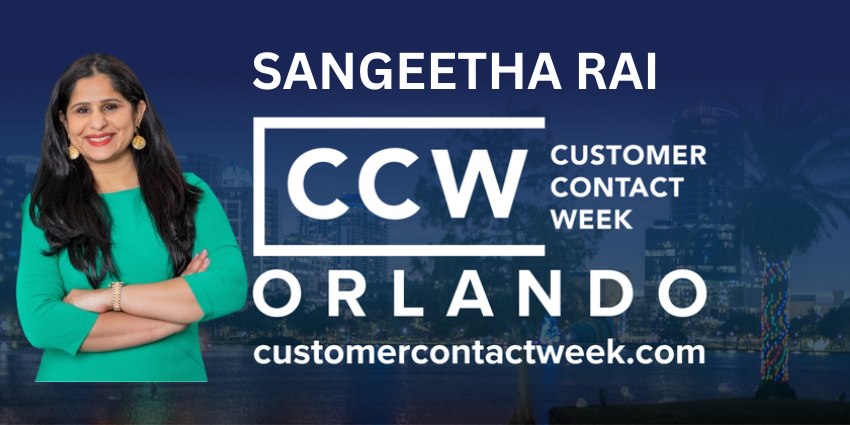Salesforce has confirmed that it has closed 5,000 Agentforce deals since October.
During the company’s Q4 2025 earnings call, CEO Marc Benioff revealed the milestone and claimed that the company has never seen product growth at this level – dubbing it the “quarter of Agentforce.”
Indeed, the Salesforce man explained how Agentforce was crucial to helping the vendor hit $900 million in Data Cloud and AI ARR, up 120 percent year-over-year (YoY).
He also revealed that almost half of the Fortune 100 are users of Salesforce’s AI and Data Cloud solutions, with data and AI playing a role in all of Salesforce’s top 10 Q4 deals.
In discussing the quarter’s results, Benioff highlighted the company’s ambition to keep pushing forward with its agentic AI platform:
Customers are really telling us that we’re lightyears ahead of other providers, and their feedback really speaks volumes.
“We’re seeing tremendous momentum and success stories emerge as we execute our vision to make every company, every single company, every customer of ours an Agentforce company.”
Amongst the 5,000 Agentforce deals already secured, 3,000 are paid, with Benioff namechecking the likes of Singapore Air, Equinox, and Jacuzzi.
The Salesforce man also provided more specific details about how Agentforce had helped some of its clients:
- OpenTable: Within three weeks of implementing Agentforce, the company is managing 73 percent of restaurant web queries, a 50 percent increase from their previous tool.
- Goodyear: With Agentforce for field service, the tire specialist is aiming to shorten repair times by providing technicians with vehicle insights and automating appointment scheduling.
- Pfizer: The medtech company is deploying Agentforce to enhance its customer-facing operations, supporting 20,000 employees in sales and engagement. By leveraging Agentforce within Life Sciences Cloud, Pfizer aims to streamline clinical operations, improve customer interactions, and optimize direct-to-consumer and clinical trial processes.
Salesforce is also deploying its AI agents internally via its Salesforce Help portal.
Since launching the platform in October, Agentforce has autonomously resolved 84 percent of 380,000 service requests, with only two percent needing human escalation. The vendor also accelerated quoting cycles by over 75 percent.
Don’t Discount Data Cloud
While Agentforce tends to take most of the plaudits due to the current excitement around AI agents, it’s important to remember the role of Salesforce’s Data Cloud.
Indeed, throughout the call, Benioff frequently spoke about Data Cloud and Agentforce in tandem, describing the former as “the fuel that powers” the agentic AI platform.
Additionally, the platform’s significance is being recognized by customers, with Data Cloud surpassing 50 trillion records during Q4, doubling YoY as customer adoption and investment grow.
Interestingly, the relationship between Data Cloud and Agentforce was touched upon during a recent edition of CX Today’s Salesforce Update Show.
Liz Miller, VP and Principal Analyst at Constellation Research, explained how expanding Agentforce beyond basic surface-level automation is difficult to do without Data Cloud.
While this can be viewed as a positive for Salesforce, as it could encourage more customers to deploy both Data Cloud and Agentforce, Miller suggested that the reliance on the data solution could also lead to Agentforce hitting a plateau.
Miller admits that there is “undeniable momentum” behind Agentforce at present but questioned how much of this business is with customers that are already Data Cloud customers.
“What I’m going to be looking for in the next earnings call is how many new Data Cloud customers there are,” she said.
We’re going to have to see that Data Cloud customer Arc begin to start going upwards if we want to keep seeing the momentum of Agentforce to keep going up.
“And we’re going to need to see that Data Cloud go up in order to see the durability of Agentforce as a revenue driver for Salesforce.”
Miller was speaking prior to the latest earnings call, so was not aware of Data Cloud hitting 50 trillion records.
However, the company has not confirmed the exact number of companies that this figure comes from or how many of them are new/existing.
It will be interesting to see whether Salesforce’s Data Cloud business is able to keep pace with its Agentforce deals or whether the symbiotic relationship between the two platforms causes any issues moving forward.
Number Crunching
Away from the figures related to Data Cloud and Agentforce discussed earlier, the company reported fourth-quarter revenue of $10.0 billion, reflecting an eight percent YoY increase.
For the financial year 2025, the company generated a total revenue of $37.9 billion, a nine percent increase YoY.
Subscription and support revenue for the fiscal year reached $35.7 billion, marking a 10 percent YoY increase. The vendor also achieved a GAAP operating margin of 19 percent and a non-GAAP operating margin of 33 percent.
In addition, operating cash flow for the financial year was $13.1 billion, up 28 percent YoY, while free cash flow rose 31 percent Y/Y to $12.4 billion.
Yet, despite these positive figures, Salesforce reported lower-than-expected quarterly revenue and issued a forecast below analysts’ expectations, causing its stock price to drop four percent in after-hours trading.
More News from Salesforce
Earlier this week, the CRM giant announced that it was expanding its partnership with Google to enhance AI agent capabilities within Salesforce’s Agentforce platform.
This collaboration allows customers to integrate Google’s Gemini AI, enabling agents to process images, audio, and video.
With multimodal features and real-time insights from Google Search via Vertex AI, the AI agents will also be able to handle complex tasks more effectively, offering greater flexibility and functionality.
Elsewhere, the company recently introduced the AI Energy Score, a benchmarking tool developed with Hugging Face, Cohere, and Carnegie Mellon University.
Announced at the AI Action Summit in Paris, the initiative helps AI developers assess and compare model energy usage.
Salesforce will be the first to publicly share energy efficiency data for its proprietary models under this framework.







